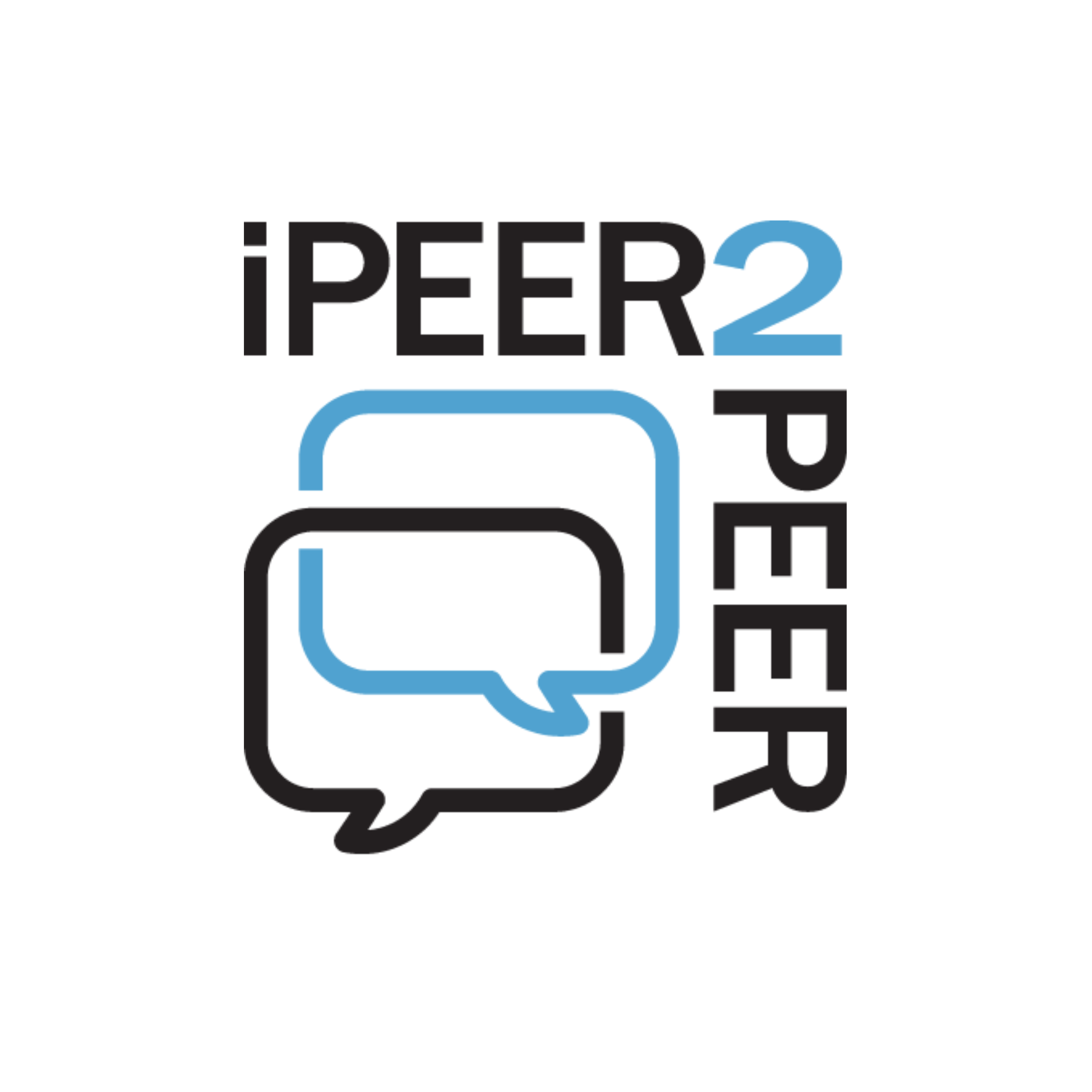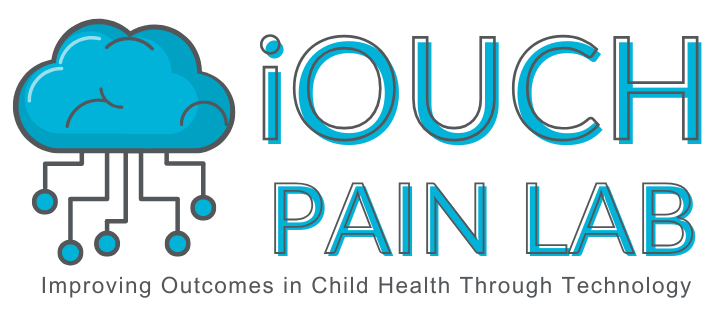iPeer2Peer

Study title: Virtual peer-to-peer mentoring for adolescents with congenital heart disease: An implementation study
Study description: Virtual peer-to-peer mentoring is a novel and accessible way to provide face-to-face peer support for adolescents with congenital heart disease (AWCHD) through the use of video calling and text messaging. This program also allows mentors to teach youth how to identify reputable information online thus preventing further misinformation while sharing vetted online resources.
This implementation study will determine whether the iPeer2Peer CHD Program can be sustainably integrated into clinical practice within the CHD transition clinic and examine the impact of a CHD iPeer2Peer Support Program on self-management skills and HRQL of AWCHD.
Funding for this work was generously provided by:

